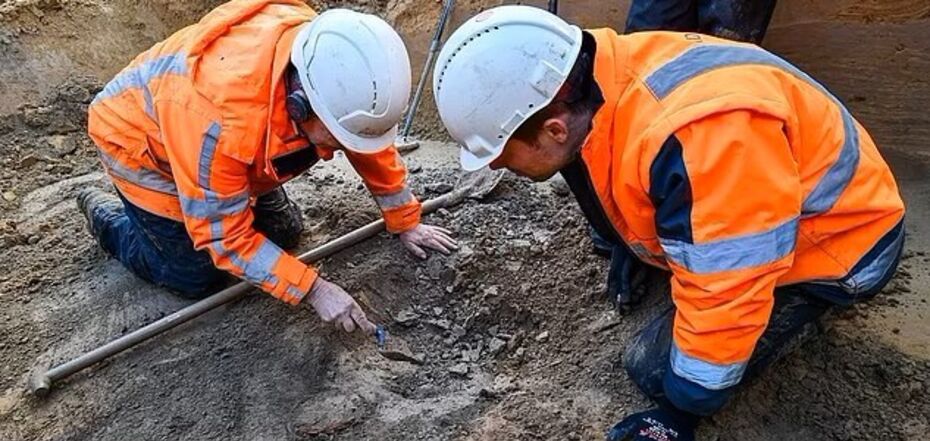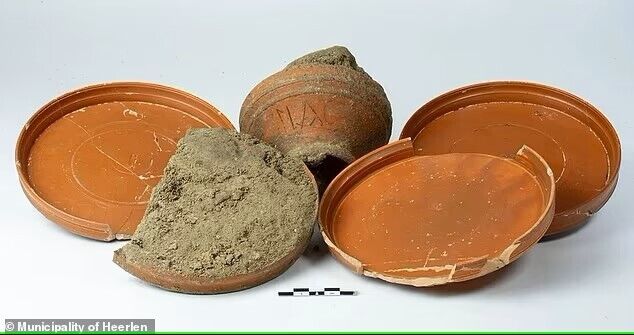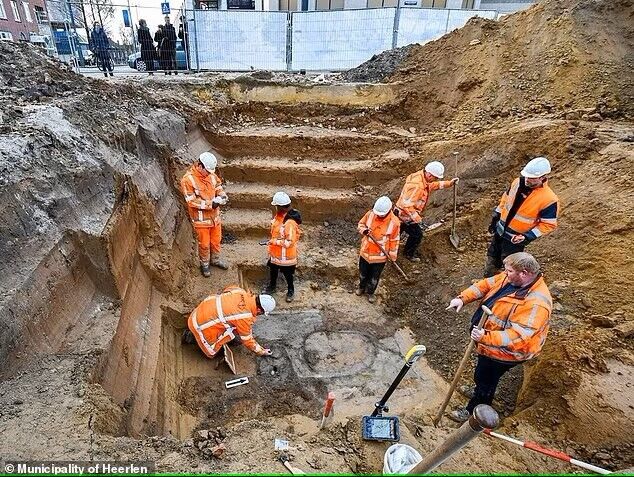News
The remains of a man from the "year 0" discovered in the Netherlands: it was a soldier nicknamed FLAC. Photo
Archaeologists have discovered the remains of a man from the "year 0" during excavations of an early Roman settlement in the Netherlands. The 2,000-year-old grave belonged to a soldier named Flaccus.
Various artifacts were found near the remains, including a bronze tool, pottery shards, and a set of slabs. One of these slabs featured an abbreviated inscription "FLAC" - Flaccus' nickname, making him the oldest named person in the history of the region, writes DailyMail.
Archaeologists speculate that the found grave dates to the reign of Rome's first emperor, Augustus, from 0 to 20 AD. This suggests that Flaccus was a Roman soldier stationed in Coriovallum - a military settlement known today as the city of Heerlen - around the time of the early Roman expansion into the Netherlands, experts say.
According to historical data, Coriovallum was founded in the early first century AD at the crossroads of two major roads: Via Belgica and Via Traiana. Although it was originally a military settlement, by the middle of the first century AD it had become a bustling civilian city.
It is known that now there are ruins of public baths of the ancient settlement in Heerlen, built around 50-70 AD, and these are the largest visible Roman ruins in the Netherlands.
"Today, evidence was found of Roman habitation in the time of Emperor Augustus," said Jordy Clemens, a member of the Heerlen Council for Culture and Heritage. He called the find "a unique discovery that not only teaches us more about our past, but also shows how unique the story of Roman Heerlen is for the Netherlands."
Archaeologists emphasize how rare it is to identify non-elite, ancient people by name. The fact that Flaccus' nickname was engraved on a funerary object also provides new details about personal and cultural practices of the time, researchers say.
According to experts, the artifacts from Flaccus' tomb will be cleaned, preserved and exhibited in the new Roman Museum of Heerlen.
Only verified information is available on OBOZ.UA Telegram channel and Viber. Do not fall for fakes!





























